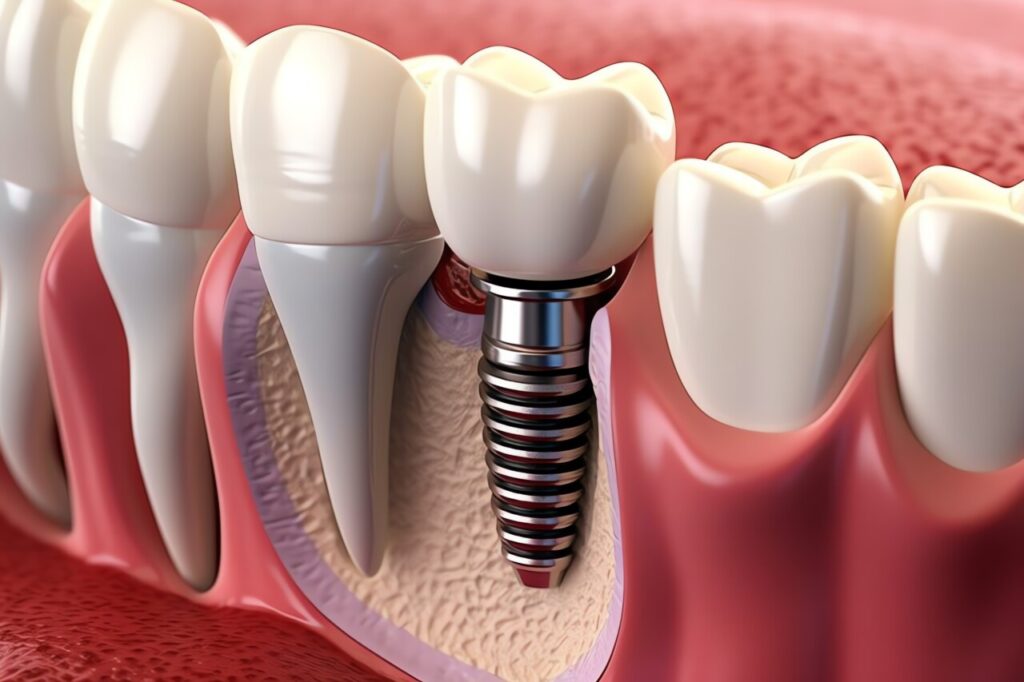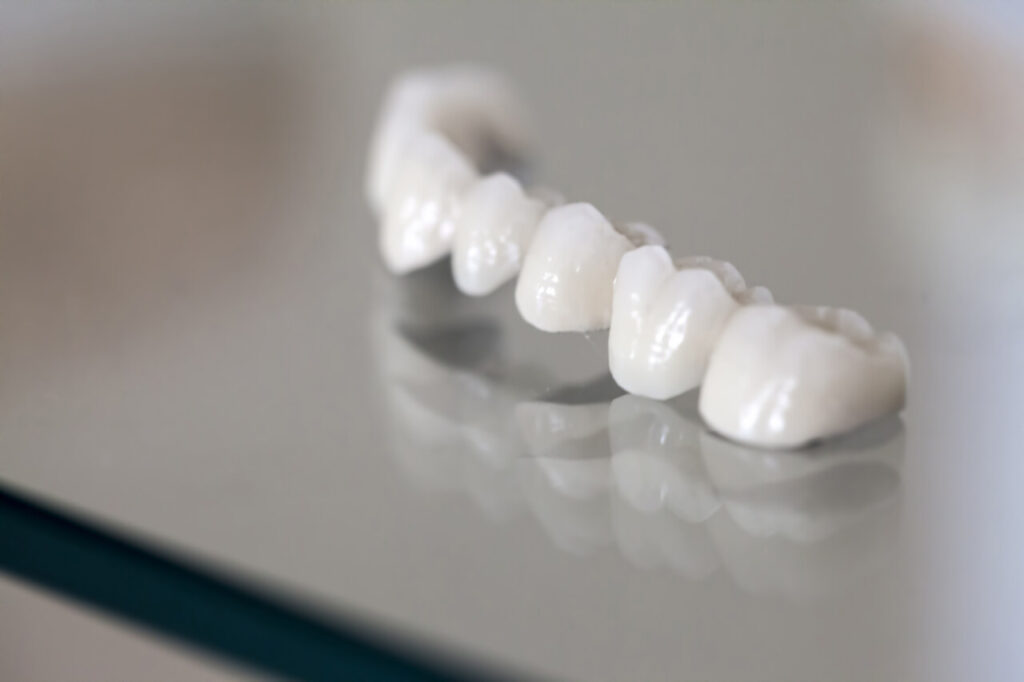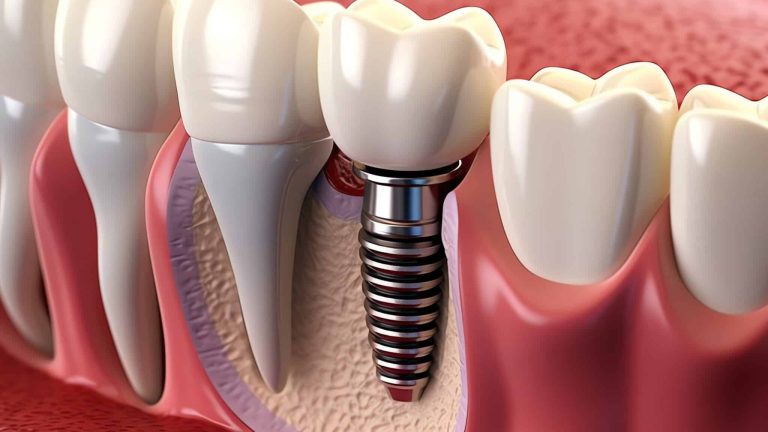The loss of a tooth not only affects the appearance of your smile but also impacts your oral health and quality of life. Fortunately, modern dentistry offers advanced solutions like dental implants and dental bridges. Both treatments effectively replace missing teeth, but each has its own characteristics, advantages, and limitations.
In this article, we will compare dental implants and bridges in terms of functionality, aesthetics, cost, durability, and other key factors to help you decide which option is best for you.
What Are Dental Implants?

A dental implant is a permanent tooth replacement consisting of a titanium screw surgically inserted into the jawbone to act as an artificial root. This screw supports a dental crown that mimics the look and function of a natural tooth.
Advantages of Dental Implants
- Durability and longevity:
- Implants are designed to last decades, and with proper care, potentially a lifetime.
- Natural appearance:
- The crown is customized to match the color, shape, and size of your natural teeth.
- Bone preservation:
- The implant stimulates the jawbone, preventing bone loss that occurs after a tooth extraction.
- Independence from adjacent teeth:
- Implants do not require altering or damaging neighboring teeth, unlike a dental bridge.
- Stability:
- Provides a feel and functionality similar to a natural tooth.
Disadvantages of Dental Implants
- Higher initial cost:
- Implants are more expensive than bridges, especially when multiple implants are required.
- Surgical procedure:
- Implants require surgery, making it a longer process with a recovery period.
- Treatment time:
- The process can take several months to complete, as the implant must integrate with the bone (osseointegration).
What Are Dental Bridges?

A dental bridge is a fixed prosthetic device that uses adjacent teeth as anchors. The neighboring teeth are reshaped to hold crowns, which support the bridge. The missing tooth is replaced with an artificial tooth suspended between the crowns.
Advantages of Dental Bridges
- Lower initial cost:
- Bridges are generally more affordable than dental implants.
- Faster procedure:
- The treatment is usually completed within a few weeks, depending on complexity.
- No surgery required:
- Unlike implants, bridges do not require surgical intervention, making them less invasive.
Disadvantages of Dental Bridges
- Impact on adjacent teeth:
- Neighboring teeth must be reshaped, potentially weakening them or increasing the risk of decay and gum disease.
- Limited durability:
- Bridges typically last 5 to 15 years with proper care but will eventually need replacement.
- Does not prevent bone loss:
- Since bridges do not replace the tooth root, the jawbone can deteriorate over time, affecting facial structure.
- Maintenance challenges:
- Cleaning under the bridge can be difficult and requires extra care to prevent plaque and tartar buildup.
Comparison Between Dental Implants and Bridges
| Aspect | Dental Implants | Dental Bridges |
|---|---|---|
| Durability | 20+ years (with proper care, can be permanent) | 5-15 years, then require replacement |
| Aesthetics | More natural and discreet appearance | Good aesthetics but may not look as natural |
| Initial Cost | Higher | Lower |
| Treatment Time | Months (due to osseointegration) | Weeks |
| Impact on Neighboring Teeth | Does not affect adjacent teeth | Requires reshaping adjacent teeth |
| Prevention of Bone Loss | Stimulates bone and prevents deterioration | Does not stimulate bone, may cause bone loss |
| Procedure | Includes surgery | No surgery required |
| Long-Term Care | Normal brushing and cleaning | Requires extra care under the bridge |
Which Option Is Best for You?
Both treatments are effective and safe for replacing missing teeth, but the final decision should be made in consultation with your dentist, who will assess your specific case. Generally:
- Choose a dental implant if:
- You want a long-lasting, aesthetic solution.
- You want to preserve your natural teeth and prevent bone loss.
- You are willing to invest more time and money in the treatment.
- Choose a dental bridge if:
- You need a faster and more affordable solution.
- You cannot undergo surgery.
- Adjacent teeth are already compromised or need restoration.
Conclusion
The choice between a dental implant and a dental bridge depends on your needs, expectations, and personal circumstances. Both treatments offer significant advantages and, with proper care, can restore your smile and oral functionality. The most important step is to consult a professional to evaluate your case and make an informed decision.
At Clínicas La Guardia, we have the experience and advanced technology to help you find the best solution for your dental needs. Schedule an appointment with us and take the first step toward a healthy and functional smile.




